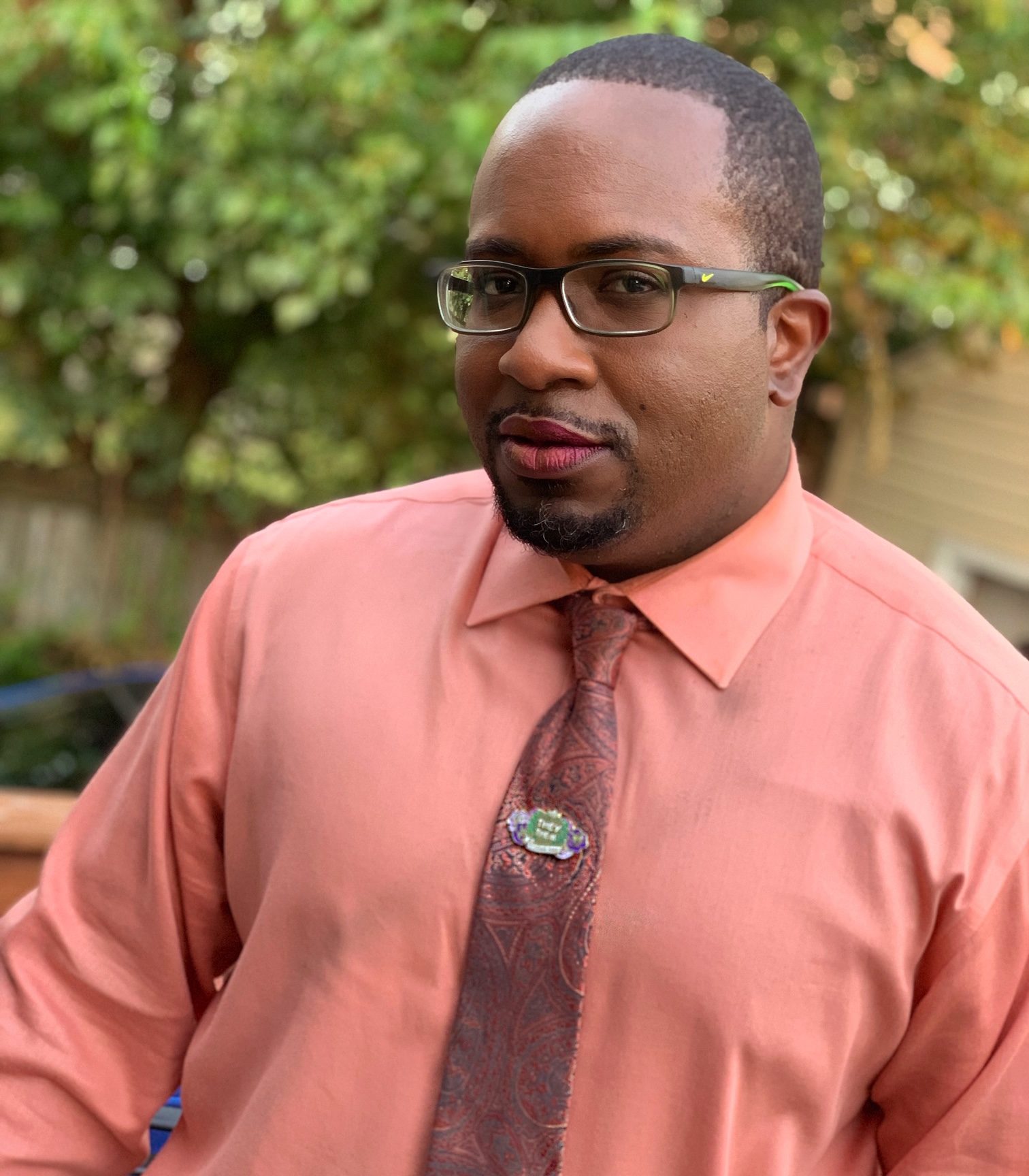May 13, 2021, 1-3:15 PM EST
COURSE DESCRIPTION
Due to social determinants of health and economic and other structural disparities, Black and Brown's individuals utilize healthcare and social services at higher rates yet show worse overall outcomes. Likewise, LGBTQ people frequently face poorer health outcomes due to discrimination, lack of access to competent providers, and well-justified medical mistrust. Those who live at the crossroads of these identities are particularly vulnerable to needing healthcare treatment and are far less likely to access it.
This seminar will explore the unique demographics of LGBTQ communities of color, the colonial legacy of gender and how it impacts Black and Indigenous residents, barriers to seeking and receiving services, and best practices for bridging gaps in access and care. Join social worker Randall Leonard to explore evidence-based techniques to reach, connect, and serve this large and diverse group of clients in various healthcare settings.
LEARNING OBJECTIVES
PRESENTERS
 Maryland native Randall Leonard, LCSW-C (they/them) is a licensed clinical social worker who has specialized in the care of LGBT individuals for four years. They currently serve as a Staff Therapist at the LGBT Health Resource Center of Chase Brexton, providing individual therapy as well as assessments for gender-affirming surgery. They also facilitate “Identity Talk”, a group for trans and gender-diverse people of color to process intersectionality between culture and gender. In addition, they work as a Behavioral Specialist in the Emergency Department of Union Memorial Hospital. Before joining the Chase Brexton team, Randall served survivors of intimate partner violence at Family and Children’s Services, where they provided individual therapy and a weekly support group. They started their social work career working with people with severe and persistent mental illness at Sheppard Pratt Health Systems. Randall holds a Master of Social Work from the University of Maryland School of Social Work with a concentration in clinical behavioral health.
Maryland native Randall Leonard, LCSW-C (they/them) is a licensed clinical social worker who has specialized in the care of LGBT individuals for four years. They currently serve as a Staff Therapist at the LGBT Health Resource Center of Chase Brexton, providing individual therapy as well as assessments for gender-affirming surgery. They also facilitate “Identity Talk”, a group for trans and gender-diverse people of color to process intersectionality between culture and gender. In addition, they work as a Behavioral Specialist in the Emergency Department of Union Memorial Hospital. Before joining the Chase Brexton team, Randall served survivors of intimate partner violence at Family and Children’s Services, where they provided individual therapy and a weekly support group. They started their social work career working with people with severe and persistent mental illness at Sheppard Pratt Health Systems. Randall holds a Master of Social Work from the University of Maryland School of Social Work with a concentration in clinical behavioral health.